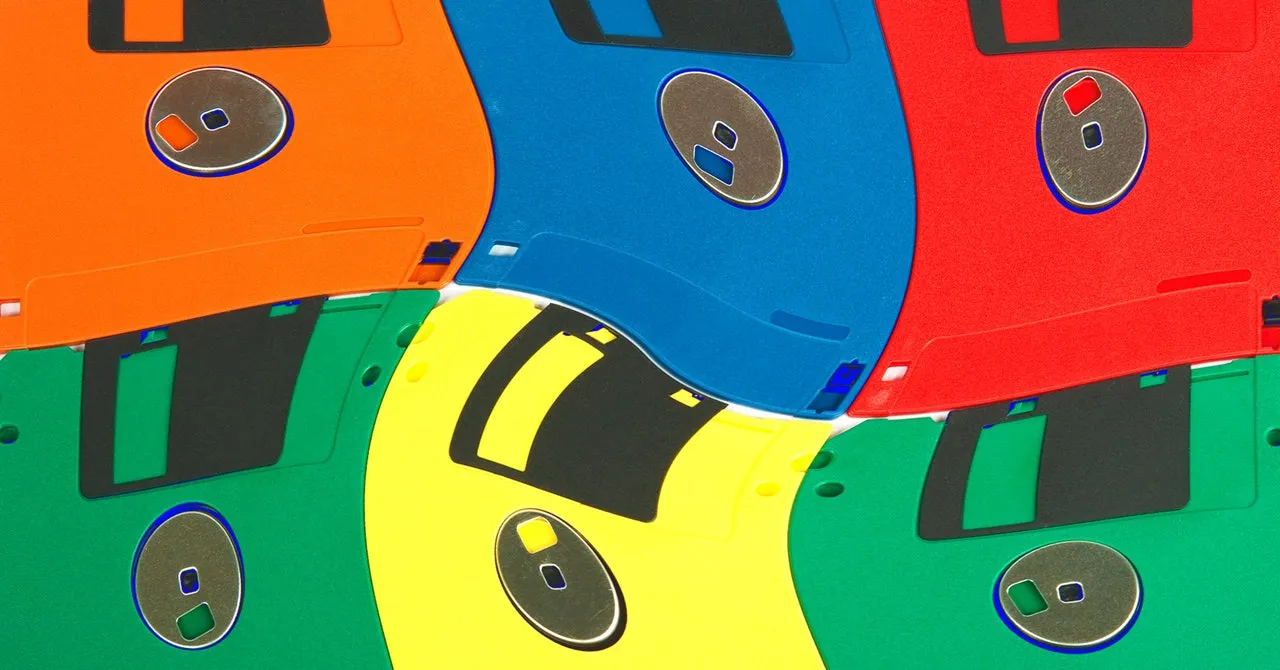San Francisco's $212 Million Leap Towards Floppy-Disk-Free Mass Transit Technology

San Francisco's Vision for Modern Mass Transit
The San Francisco Municipal Transportation Agency (SFMTA) board has agreed to spend $212 million to transition its Muni Metro light rail system away from floppy disks. The current Automatic Train Control System (ATCS), operational since 1998, relies on three 5¼-inch floppy disks for loading crucial DOS software, which controls train operations.
Significance of Upgrading
- The contract approved on October 15 involves Hitachi Rail, a technology used in train systems across more than 50 countries.
- Julie Kirschbaum, Muni director, states the new system is five generations ahead of current technology.
The expectation was set to complete the transition by 2028. However, Covid-19 has pushed completion dates back, affecting many planned updates.
Current Challenges of the Muni Metro
- Replacing outdated loop cables that transmit data is a priority;
- Transitioning to a system using Wi-Fi and cellular technologies for improved data tracking;
- Ensuring a 2033/2034 completion for the entire overhaul, pending further approvals.
The move to modernize comes amidst a wider issue of organizations lagging in abandoning floppy disks, seen recently in Japan and even within military systems in Germany.
This article was prepared using information from open sources in accordance with the principles of Ethical Policy. The editorial team is not responsible for absolute accuracy, as it relies on data from the sources referenced.